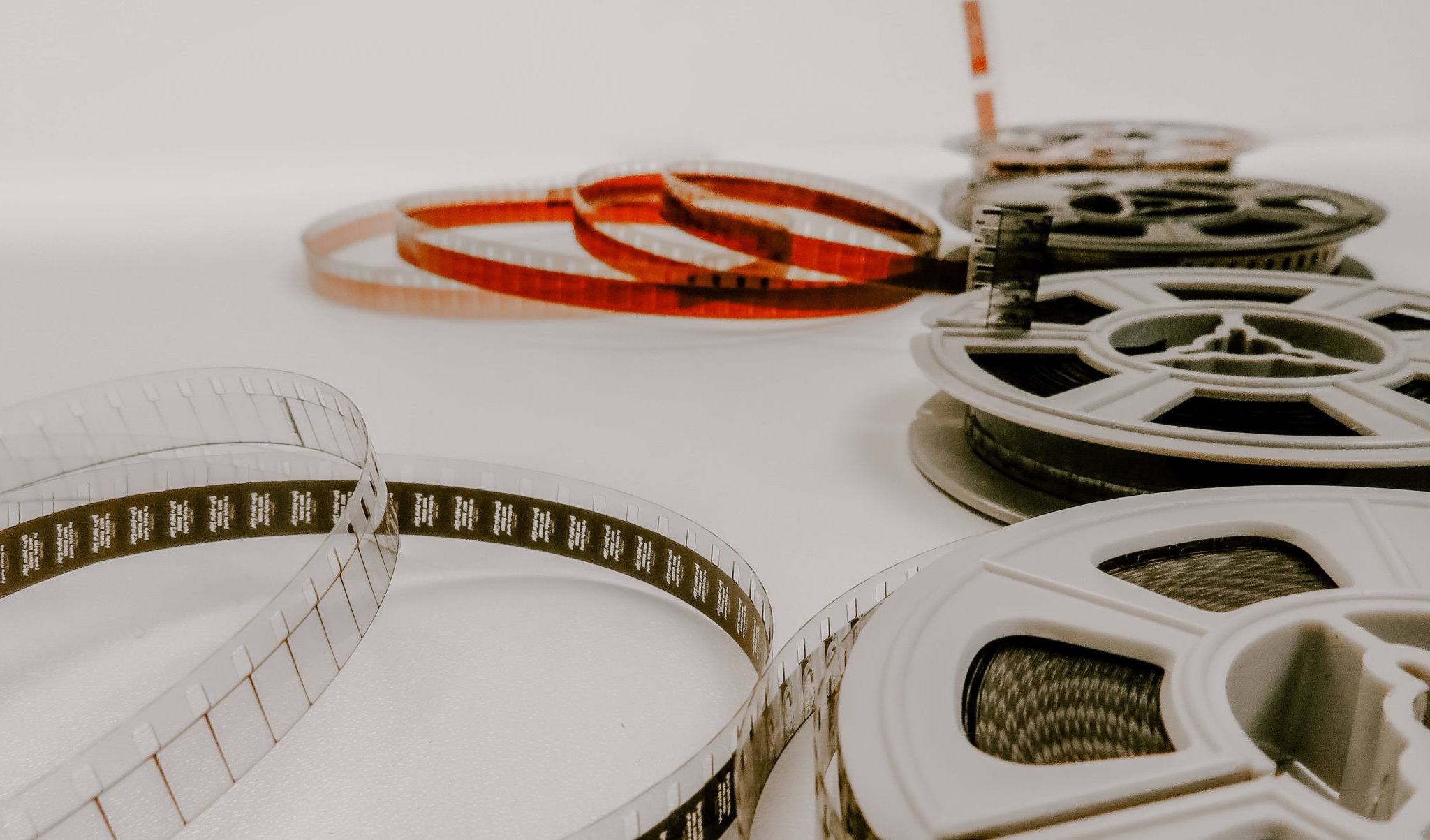As the zero-waste movement continues to grow and merge with environmentalism, more creators are using film and documentary to add to the conversation. Film is a visceral and immediate way to relay complex ideas to a large number of people, but it’s also able to engender lasting emotional responses and inspire action in a way few other mediums can.
Landmark environmental films such as An Inconvenient Truth (2006) have gained important legacies by bringing fringe subjects into the mainstream media discourse. Now a new generation of zero-waste movies are now doing the same.
Broadly speaking, a zero-waste film simply means a film or documentary which concerns itself with one or more of the core issues in the zero-waste movement. It could be about identifying the quantities and kinds of waste we produce as consumers every day in the US. It could document the marketing-driven phenomenon of consumerism that fosters that waste. It could be about the waste management industry itself, the environmental impacts of overflowing landfills, our ongoing reliance on fossil fuels, or the rise of sustainable materials and energy sources that seek to replace them. It could also be about the move to a circular economy and how waste itself can become a resource.
In fact, the zero-waste films listed here touch on a huge range of zero-waste concepts, with each branching out into other areas of environmentalism and sustainability. Read on to discover how to learn more about the zero-waste movement and inspire sustainable habits in kids and adults alike.
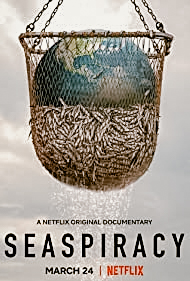
Source: imdb.com
Seaspiracy (2021)
Much has been said and written about the hit Netflix documentary Seaspiracy’s factual accuracy on a few important points, and yet this doesn’t take away from the powerful thrust of the film. Namely the fishing industry’s hugely negative impact on our oceans. Filmmaker Ali Tabrizi goes beyond the looming plastics problem that other documentaries have (justly) focused on, to expose the blights of human trafficking, overfishing, bycatch, and flaws in sustainable fish certification programs that plague the industry. Seaspiracy will certainly leave you to think hard about your next catch.

Source: imdb.com
Landfill Harmonic (2015)
Landfill Harmonic is a documentary out of Paraguay that gives a platform to a wonderfully inspiring tale of zero-waste endeavor and human fortitude combined. Cateura is a town built virtually on top of an enormous landfill outside Paraguay’s capital city. Favio Chávez came to the town to develop a new recycling scheme that fell through, but he stayed on to teach music to children.
Along with local partners, Chávez harnessed the community’s unique expertise to comb the landfill for valuable items to make musical instruments for his students. You will have to see it to believe it but soon enough their local orchestra, wielding violins made out of old soda cans and cellos forged from oil drums, are traveling the world with their music. A truly inspiring zero-waste film that reimagines waste as a resource for a better world.
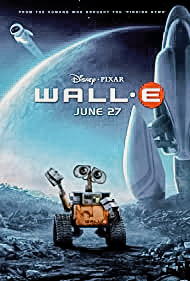
Source: imdb.com
Wall-E (2008)
Pixar’s Wall-E may not strike you as a zero-waste inspired movie but if you’re looking for an immersive story to spark conversation with your little ones about zero waste, there’s no better place to start. Talking to kids about zero waste can feel a little overbearing but there are fun and child-led ways to do it.
Wall-E is the story of the last robot left on earth long after humankind was forced to abandon the planet after using up the last of its natural resources. Wall-E is a lone trash collector who discovers plant life and goes on a mission to nurture it so that humans can return to repopulate and regenerate the earth. It’s very light-handed with its environmentalism and yet contains an enduringly positive message that is digestible enough for younger viewers.
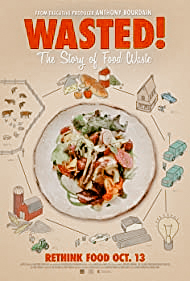
Source: imdb.com
Wasted! The Story of Food Waste (2017)
With Anthony Bourdain as executive producer, Wasted! serves up an entertaining and incisive dissection of food waste in the US. It features interviews from a string of famous chefs, including Bourdain himself. The film’s proposition is simple; how does so much of our food end up in the trash? Striking a nice balance between fact and fun, the film devotes ample time to innovative and mouth-watering uses for all kinds of food waste, while still getting across the gravity of the problem. Wasted! will no doubt have you plenty motivated to cut down your own kitchen scraps by the time the end credits are rolling.
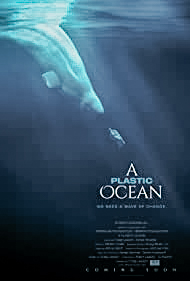
Source: imdb.com
A Plastic Ocean (2016)
The documentary A Plastic Ocean from Australian filmmaker Craig Leeson strikes a powerful balance between relaying the problem of plastics in our oceans and conveying the beauty and mystery worth preserving in it. The filmmakers travel to twenty locations throughout the world to study the ocean and the effect of discarded plastics on ocean life, rendering the issue in striking imagery throughout. The film begins with the search for the world’s largest mammal but the team discovers the majestic blue whale, it’s amidst an ocean littered with plastic. The filmmakers devote a good share of their airtime to solutions, foremost among them the imperative to eliminate single-use plastics.
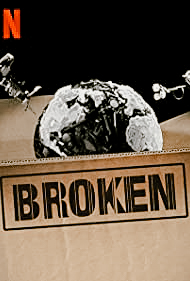
Source: imdb.com
Broken (2019)
Broken is not a film but a comprehensive Netflix docuseries that takes a bird’s eye view of the production and marketing of consumer goods. Spoiler; it is not a pretty vista. Episodes run the gamut from revealing toxic chemicals in makeup, to the wastefulness of flatpack furniture, and the failings of the recycling industry. But although Broken’s subject matter is heavy as they come, the series is always more illuminating than demoralizing.
It introduces the idea of extended producer responsibility, an important element of zero-waste thinking, which seeks to remove responsibility for a product’s disposal from the consumer and hold producers accountable for where their product ends up and the impact it has to the environment and communities.
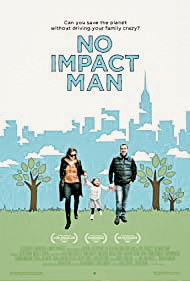
Source: imdb.com
No Impact Man (2009)
No Impact Man may be closer than any of our other titles to what you’d guess a zero-waste film ought to look like. It harkens back to the beginnings of the zero-waste movement online; the vloggers and influencers that made the issue their own with mason jar challenges. In this fun and endearing documentary, Manhattan resident Colin Beavan and his family take zero waste as literally as possible and try to reduce their environmental impact to zero. This means no toilet paper, no electricity, eating locally grown food, the works.
As you’d expect, they run into some obstacles, but each one serves to shine a light on the challenges faced by modern consumers in avoiding waste. The film’s net contribution to the zero-waste movement is that we really relate to Colin and his family in all the maddening attempts to cut down on waste. It’s a hair-brained experiment and an imperfect film, but a delightful ode to the zero-waste trailblazers, whose efforts we have learnt from. If nothing else, it will lend some solidarity to your own zero-waste journey.
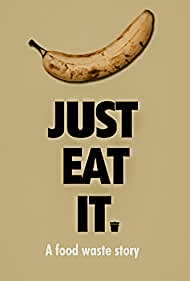
Source: imdb.com
Just Eat It: A Food Waste Story (2014)
Just Eat It is another zero-waste movie that centers around its makers and their ambitious attempts to cut their personal food waste as a vehicle to explore the wider issue. This time out it’s Grant Baldwin and Jenny Rustemeyer taking food waste to heart in their pledging to halt grocery shopping and live off discarded food for half a year.
They permit themselves to dine at the tables of friends and family however, which opens up the conversation nicely. And there are recurring talking heads, prominent environmentalists among them to give breadth to their thesis. But the personal approach remains central and means the film is always relatable. Meanwhile, dumpster diving and scavenging from strangers’ bins means the couple swallow their fair dose of humility while exposing the scale of food waste in America.
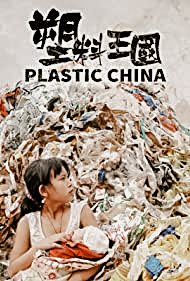
Source: imdb.com
Plastic China (2016)
Sundance alumni Plastic China takes a heartbreaking, human look at the global plastics problem and shows us a small link in a long chain stretching from our own shores to Shandong, China. Released in 2016, just before China legislated to halt the import of western plastics recycling waste in 2017, the film follows a family employed in processing an unending stream of plastic waste imported from the US and elsewhere.
There are powerful visual symbols here for the scourge of global consumerism, and there is the dark irony of the many Chinese-made products the west imports making their way back to Shandong to release their greenhouse gasses. This is a more than worthwhile shift in perspective on the zero-waste discourse.
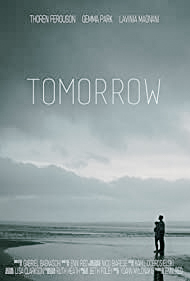
Source: imdb.com
Tomorrow (2017)
What better way to round out our list of zero-waste films than with a truly inspiring documentary that blows the trumpet of many small, local trailblazers doing their bit for the zero-waste cause. In Tomorrow, French filmmakers Mélanie Laurent and Cyril Dion travel the world to investigate the sustainable solutions taking root in communities from places as varied as England and India to San Francisco and Normandy.
They find innovative recycling and composting systems, urban gardening efforts uniting communities, and movements to break our reliance on fossil fuel transport methods. If any of these movies about zero waste is going to inspire you to make a change in your own life, this is likely to be it.
For more inspiration for bringing zero-waste strategies to bear in your home or business, check out our blog and sign up to zerowaste.com.

